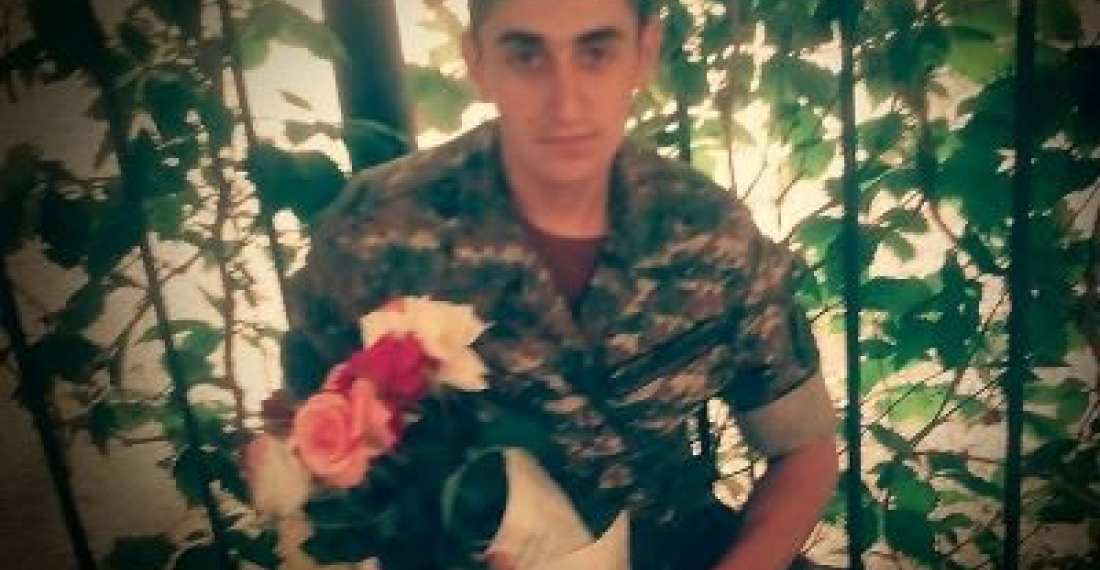An Armenian soldier serving with a military unit of the self-declared Nagorno-Karabakh Republic was killed on Wednesday afternoon (26 October) close to the line of contact between Armenian and Azebaijani forces in the Nagorno-Karabakh conflict zone.
Armenian media said that the young conscript was twenty year old Gurgen Ayvazyan, a resident of Gandzak village in Armenia's Gegharkunik province. He was the youngest child in the family and had an elder sister and brother. Gurgen was soon to be demobilised.
Earlier an Armenian military source said that the soldier was killed by Azerbaijani fire at around 17.00 local time as a result of a ceasefire violation close the area around Talish.
The new casualty comes as diplomatic efforts to resolve the conflict continues. The co-Chair troika of the OSCE Minsk process ended a visit to the region on Thursday.
In a statement published on the OSCE website they said that during their visit to the region from 23-26 October they met with the Presidents and Foreign Ministers of Azerbaijan and Armenia, Armenia's newly appointed Defence Minister, and de facto authorities in Nagorno-Karabakh. The purpose of the visit was to discuss the situation after the unprecedented violence last April, and to clarify positions on the negotiation process.
The statement added:
"During the meetings, the sides confirmed that the situation on the ground remains relatively calm. The Co-Chairs underscored that respect for the ceasefire provides a critical foundation for ongoing negotiations, and stressed the importance of fully implementing decisions taken in Vienna and St. Petersburg."
Source: commonspace.eu with agencies
photo: Deceased Armenian soldier Gurgen Ayvazyan who was killed on 26 October 2016 in the Karabakh conflict zone. (picture courtesy of news.am)







